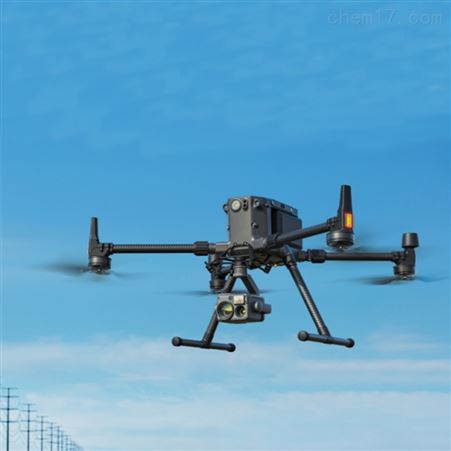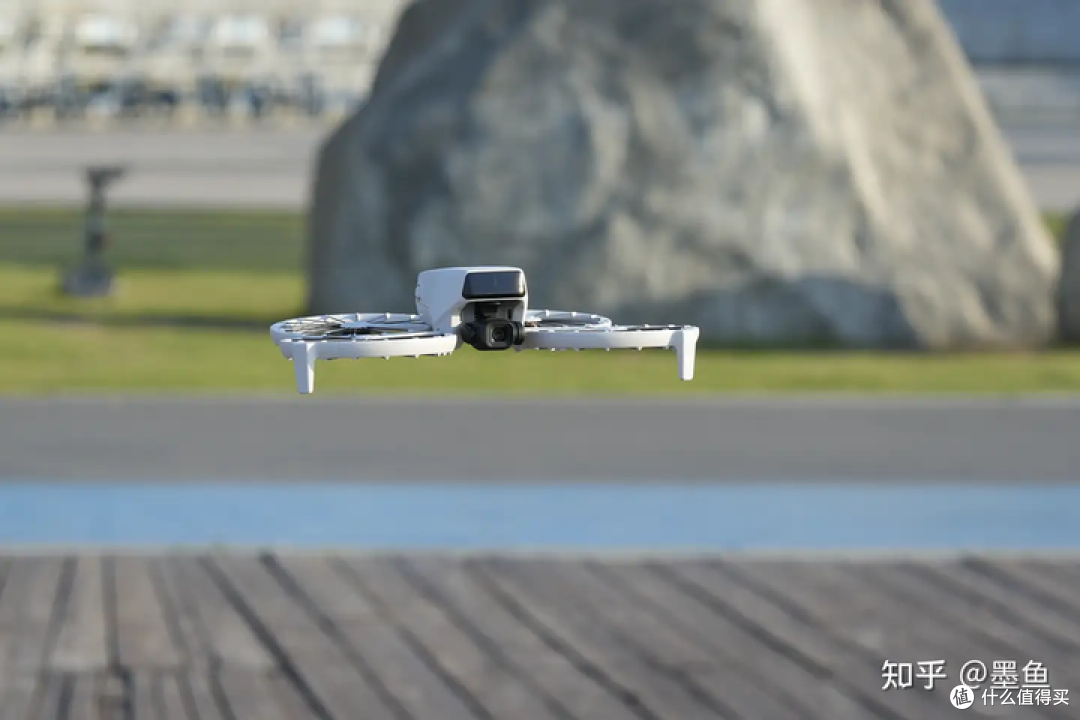In recent years, the technological landscape has been dramatically reshaped by the emergence of drones, commonly referred to as UAVs (Unmanned Aerial Vehicles). With advancements in drone technology, the term “drone up” is increasingly resonating within various industries, signaling the rise of aerial devices in everyday applications. One of the most remarkable benefits of drone technology is its ability to provide unparalleled aerial perspectives, a feature that enhances efficiency in sectors such as agriculture, real estate, and environmental monitoring.
The Advantages of Drone Technology
First and foremost, drones offer cost-effective solutions for many businesses. Utilizing drones can significantly reduce the need for manpower in tasks requiring aerial views, leading to decreased labor costs and operational expenses. Furthermore, drones can operate in environments that are otherwise inaccessible or dangerous for humans, such as disaster zones or high-altitude areas, thus expanding operational possibilities.
Innovations in Drone Technology
Drone innovations have soared to new heights with developments such as enhanced battery life and more intricate sensors, allowing drones to stay airborne longer while collecting more detailed data. The concept of autonomous drones is also on the rise, where UAVs can perform missions without human intervention. This autonomy is crucial for applications in logistics and security, enabling continuous operation without the limitations of human fatigue.
Impact on Industries
In the agricultural sector, drones play a pivotal role in precision farming by providing real-time data on crop health and soil conditions. This information allows farmers to optimize their resources and increase yield. Similarly, in real estate, drones facilitate virtual tours and aerial imagery that enhance property listings and appeal to prospective buyers.
Environmental monitoring is another area where drones excel; equipped with advanced sensors, they can detect pollutants and monitor wildlife habitats. This capability is vital for conservation efforts and research initiatives aimed at preserving ecosystems.Drone up technology is not just altering established industries; it’s creating entirely new avenues for innovation. The potential applications are indeed limitless, pushing forth boundaries and inspiring future technological refinements.
Challenges and Considerations
While the future of drones appears bright, challenges remain, particularly regarding regulatory issues and privacy concerns. Governments must establish comprehensive regulations to ensure airspace safety and prevent misuse. Meanwhile, addressing public concerns about surveillance and data privacy is essential for the widespread acceptance of drones.
Drone technology also presents questions about cybersecurity, as these aerial devices are susceptible to hacking risks. As drones become more integrated into critical infrastructure, securing their software and communication channels is increasingly imperative.
FAQs About Drone Technology
- What industries benefit the most from drones?

Drones are most beneficial in agriculture, real estate, environmental monitoring, logistics, and security sectors.
- Are drones difficult to operate?
Modern drones come with user-friendly interfaces and often provide semi-autonomous or autonomous operation, making them accessible to a broad range of users.
- What are the privacy concerns associated with drones?

Concerns primarily revolve around unauthorized surveillance and data collection, which can be mitigated with strict regulations and ethical guidelines.